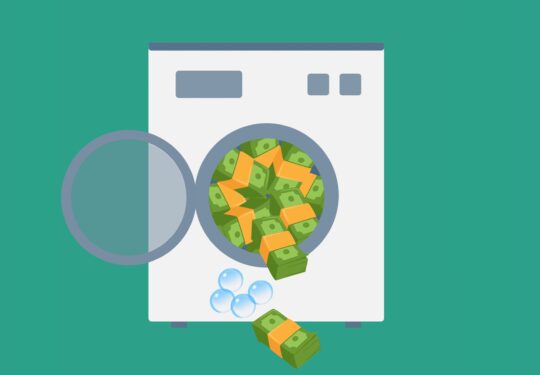On Thursday 18 March 2021, the District Court of The Hague ruled in the court case Privacy First vs. the Dutch state that there will be no ban on the existing UBO register. Privacy First asked the court to stop the registration of ultimate beneficial owners of companies. According to this organization, it would be too big an infringement on people’s privacy.
Last year the renewed European anti-money laundering directive (AMLD5) came into force. This directive is designed to expand and strengthen existing anti-money laundering and anti-terrorist financing rules. It requires European Member States to establish a public UBO register that provides insight into the people who pull the strings of companies behind the scenes. A (fully public) UBO register makes it more difficult for criminals to hide behind shady business structures and offers investigative journalists, among others, the opportunity to bring these to light. Good examples of such cases are the Panama-Papers, Open-Lux papers and the investigation on the so-called “Care Cowboys” in the Netherlands by Pointer and Follow the Money.
Privacy First took the Dutch state to court in preliminary relief proceedings and demanded an immediate halt to registration. In addition, Privacy First argued that this case should be brought before the European Court of Justice in order to obtain an accelerated decision on the lawfulness of this register. The Dutch court ruled that there are no possibilities to suspend the European legislation (AMLD5) of which the UBO register is part. The judge also rejected the request to submit this case to the European Court. This is because a similar case from Luxembourg has already put the same question to the court and a new Dutch case does not add anything.
The Open State Foundation is committed to making this UBO register fully public. In the Netherlands, this is not yet the case – the Chamber of Commerce that manages the UBO register closes it down. Access to this data is only possible after registration and payment. In addition, it is only possible to search by company name through individual searches. This makes it impossible for journalists, entrepreneurs and organisations to search on persons and patterns by means of data analysis.
